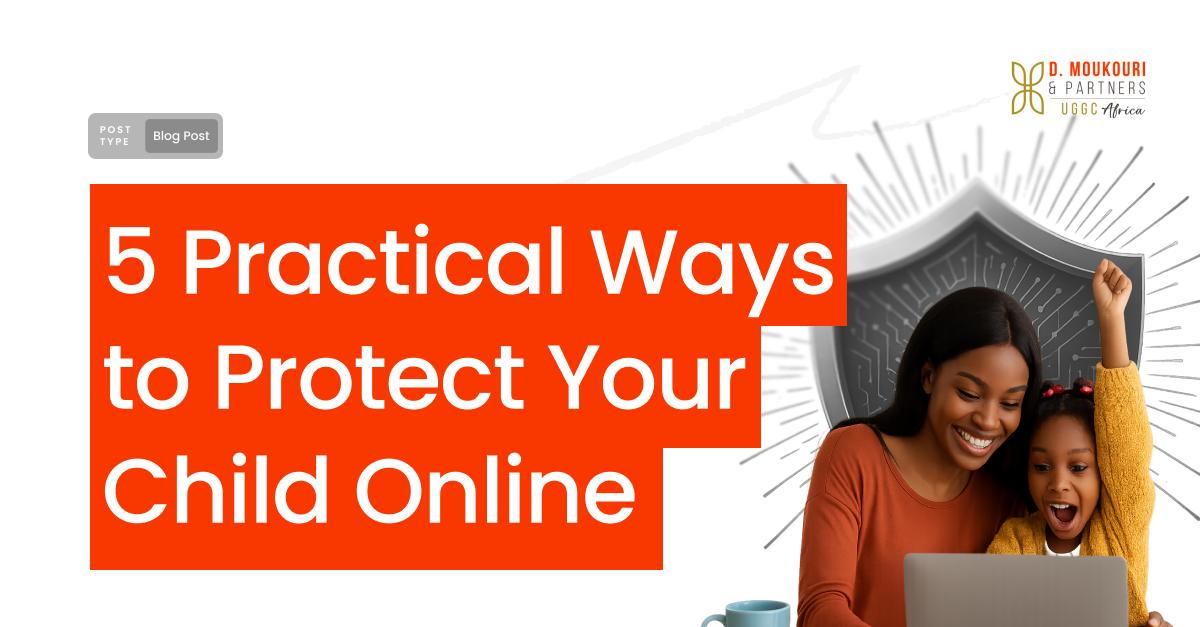In today’s digital world, children are getting online younger and faster than ever before — watching cartoons on YouTube, chatting on WhatsApp, or even playing online games. While the internet offers learning and fun, it also comes with real risks.
As parents, guardians, teachers, and community members, we have a shared responsibility to create safer digital environments for the children around us. Here’s how:
1. Talk About the Internet Early — and Often
Children don’t need lectures — they need guidance. Start age-appropriate conversations about what’s okay to share, who they can talk to, and how to stay safe online. Make it a regular part of your discussions, just like you talk about school or chores.
Tip: Let your child teach you how they use their favorite app — it opens space for honest conversation.
2. Use Parental Controls (and Know Their Limits)
Most smartphones, tablets, and platforms like YouTube or Google have built-in parental controls to restrict inappropriate content. Use them, but don’t rely on them entirely — kids are smart, and the internet changes fast.
Tip: Set screen time limits and supervise new apps before they’re downloaded.
3. Watch Out for Cyberbullying & Online Strangers
Children may not always speak up if they’re being bullied or approached by a stranger online. Be alert to changes in behavior — like withdrawal, anxiety, or a sudden disinterest in going online.
Tip: Encourage your child to come to you if “something feels weird” online. Stay calm — don’t punish them for being honest.
4. Teach Privacy: What to Share (and What Not To)
Children may not realize the dangers of sharing personal details like home addresses, school names, or family routines. Help them understand why privacy matters, and keep personal information offline.
Tip: If your child is using social media, make sure their account is private and review who follows them.
5. Model Good Digital Habits Yourself
Kids copy what they see. If you’re constantly glued to your phone or oversharing online, they’ll think that’s normal. Show them what balanced, respectful, and secure digital behavior looks like.
Tip: Set tech-free times — like during meals or before bed — that the whole family follows.
Know the Law
Cameroon’s Cybersecurity and Cybercrime laws are designed to protect all users — including children. While legal enforcement is still catching up, understanding the basics can help you recognize serious threats like online exploitation or data breaches.
If you suspect a child is being harmed online, speak to a lawyer, school counselor, or report it to authorities.
Protecting children online isn’t about fear — it’s about equipping them with the knowledge and support to navigate the internet wisely. On this Children’s Day, let’s commit to making digital spaces safer, smarter, and more empowering for the next generation.

